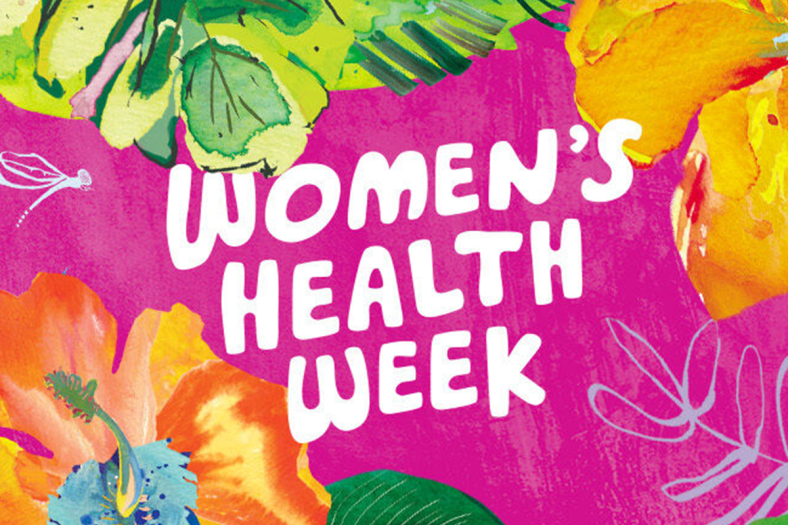Menopause is a natural phase in a woman’s life, and for some it can be a challenging experience. Clinicians at Nepean Blue Mountains Local Health District are advocating to remove the shame and stigma for women seeking support as they enter this significant life transition.

Across out District, women’s health clinicians are focusing on the symptoms of menopause that are often not discussed openly.
Continence Clinical Nurse Consultant, Jennifer Aiken, says women should feel confident and empowered in seeking and receiving the right type of care, especially when continence is often made worse by menopause.
“We see a lot of women who are peri or post-menopausal who have urinary incontinence and bowel problems,” says Jennifer.
“It is well known that 1 in 3 women suffer urinary incontinence, add to that the aging process and menopause and continence can become a big issue for women. Women usually suffer continence in isolation, we see women who have been struggling to manage their continence for years, by the time they see our service they can be desperate for some help.
“We can always improve, often we cure and sometimes we refer on to other specialist services,” says Jennifer.
Endocrinologist, Natassia Rodrigo, knows that menopause can be a challenging time and works closely with women who are beginning or are experiencing menopause.
“Menopause is often a challenging time for women. It is a time of physical and mental stress. We work with women and their GPs to reduce symptoms of menopause, but also reduce the impact of menopause on their bones and on their cardiovascular health,” says Natassia.
Knowing where to go and what to do about symptoms makes menopause manageable. Sharon Hammad, Menopause Program Lead, is keen to empower women so they can confidently talk to their GP about the menopause symptoms and improve their wellbeing.
“Every woman is different, and symptoms can vary depending on health, lifestyle, cultural background and family history. If you’re suffering symptoms of menopause, stay informed about what is normal,” says Sharon.
“Evidence-based information should be your primary source of information when on a menopause journey.”
Local women are encouraged to seek support from menopause symptoms from your GP, local Women’s Health Centres, or Family Planning.
For up-to-date resources and evidence-based information our clinicians recommend:
The Continence Foundation of Australia, pH 1800 33 00 66
The Australasian Menopause Society, https://www.menopause.org.au/health-info
Jean Hailes for Women’s Health, https://www.jeanhailes.org.au/health-a-z/menopause
Women NSW perimenopause and menopause toolkit: https://www.nsw.gov.au/women-nsw/toolkits-and-resources/perimenopause-and-menopause-toolkit








